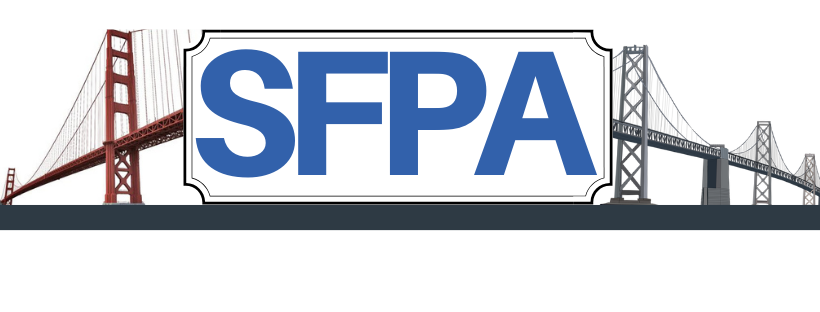Bloomberg Law
September 5, 2017
By Cass R. Sunstein, Bloomberg View
Judge Richard Posner, probably the world’s most influential legal thinker over the last half-century, retired from the federal bench on Saturday. If a Nobel Prize were to be given in law, he would be the first to receive it, solely on the basis of his academic contributions.
Apart from that, he wrote more than 3,300 opinions as a federal judge. In countless areas, involving questions that grab headlines (like same-sex marriage) or highly technical matters, his analysis has proved enduring and defining.
Whole books have been written about Judge Posner, and we’ll see a lot more of them. In my view, his greatest contribution has been to spearhead a genuine revolution in both theory and practice: the economic analysis of law.
Of course he had important predecessors (including Jeremy Bentham), and he was hardly alone (Judge Guido Calabresi of Yale and Ronald Coase of the University of Chicago also played fundamental roles). But in the modern era, no one comes close to Posner in terms of the sheer width and depth of his influence on contemporary law.
Posner’s approach has a deceptively simple starting point: We should focus insistently on the real-world consequences of legal rules.
Suppose that a company has emitted pollution, causing injuries to its neighbors, and the neighbors want to shut the company down; that poor people have purchased refrigerators on credit for what seems to be a very high price, and they want to get out of the deal; that a company has gotten really big, and regulators want to break it up.
In his academic work in the 1970s, Posner asked what different legal rules would actually do, and he used the tools of economics, with its focus on incentive effects and unintended consequences, to answer that question. If the victims of pollution have a legal right to shut companies down, the injuries will stop, but the companies’ workers and consumers will be hurt, which means that courts have to make some tough trade-offs. If poor people can get out of the refrigerator deal, they won’t have to pay that high price, but companies might not want to give credit to poor people in the future.
In countless areas of the law, Posner showed that economic analysis casts a new and often surprising light on questions that people might otherwise try to answer with unhelpful intuitions. Actually, he went further: He argued that judges, developing the law of contracts, property and torts by encountering many concrete cases, showed an unmistakable economic logic.
That remains a controversial claim, but Posner’s views on antitrust, regulation, copyright and innumerable other topics are now a standard reference point for both theory and practice. In many cases, they have come to be conventional wisdom. I have my disagreements with Judge Posner, but let’s give credit where it is due: His influence has made the law much better, and the world is a lot better off as a result.
It is astounding but true that many of Posner’s contributions have come wholly or mostly from outside of the area of economic analysis of law, with valuable work on (for example) law and literature; on how to deal with catastrophe; on economic crises; on national security threats; and on the federal judiciary itself, and whether it is political, and what it does well and poorly.
Then, of course, we have those 3,300 judicial opinions.
I was privileged to be Posner’s colleague at the University of Chicago for 27 years (he retained an appointment while serving on the bench). For a long time, he was probably the closest thing I had to a mentor, at least in the sense that he commented helpfully (and sometimes witheringly) on just about all of my papers. He told me what I was doing wrong, steered me away from errors (of course, I made them anyway), and, by sheer example, showed me what being a law professor was, or could be, all about.
One tale: In 1997, Ronald Dworkin, a fierce critic of Posner’s, wrote an article that was in large part an attack on the two of us. Dworkin argued that we constituted a new “Chicago School,” that we were wrongly dismissive of high theory and philosophical questions, and that we were basically full of nonsense.
Posner suggested that we should do a joint reply, and I happily agreed. As I recall, it was a Friday, and I was determined to write the first draft, so as to shape both the tone and the content. Over the weekend, I worked as hard as I have ever done. On early Monday morning, probably around 7:45, I faxed him a 21-page, single-spaced draft. It lacked footnotes, and it was pretty rough, but, still, mission accomplished. I was pretty proud of myself.
When I got back to my office, I spotted something on my chair. It was from Posner. It had 35 pages. It was fully footnoted. It read like a dream. Needless to say, it was much more polished than mine, and better in every way.
As always, Judge Posner was ahead of the rest of us, even when we run as fast as we can.
https://bol.bna.com/richard-posner-leader-of-a-legal-revolution/

